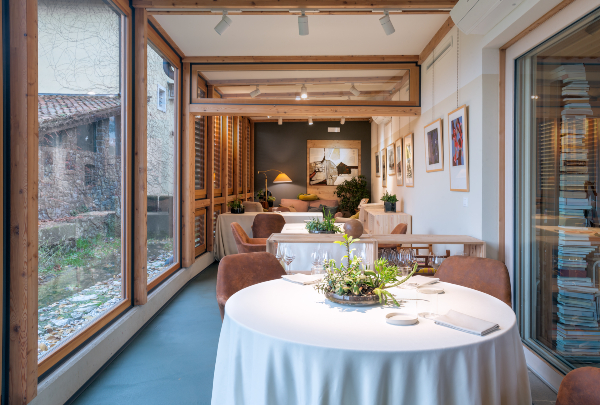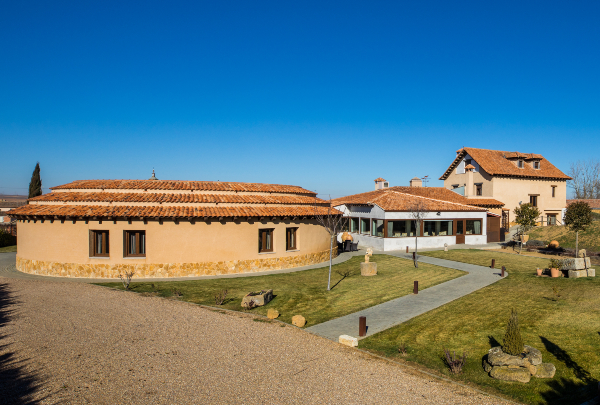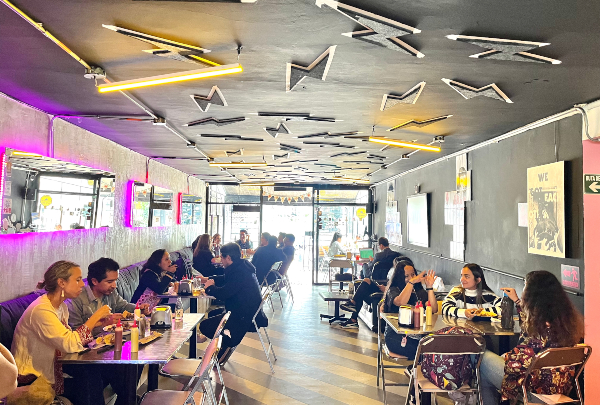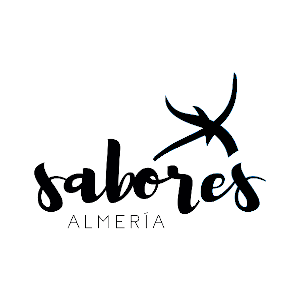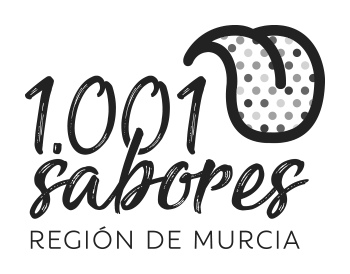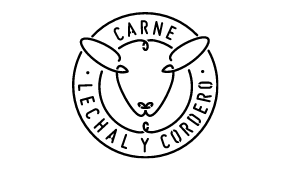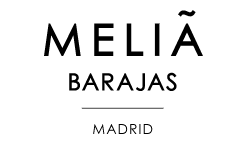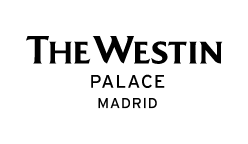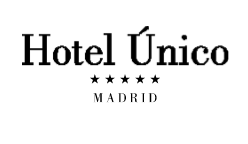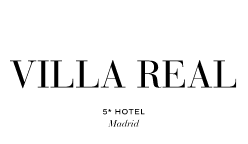Interview
Matteo Baronetto, the continuity with changes of Italian haute cuisine
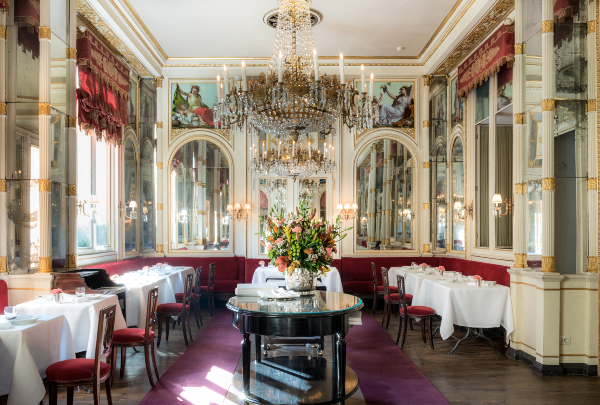
The dualism of Italian cuisine which takes pride in its past but is seeking new routes arrives at Madrid Fusión with Matteo Baronetto.
At the foot of the western Alps, in the heart of Piedmont, we find one of Italy's most singular cities: Turin, or Torino if you prefer. An arty city - car design, films, fashion etc. - with an intense creative bent which also extends to gastronomy, although this is not so well known. “Turin is a city that is growing slowly. It's different from the rest and its attitude is reserved, but there's no doubt that it has to be more international, and promote its gastronomy all over the world”. This is confirmation from one of the maximum exponents of Piedmontese and Italian gastronomy, Matteo Baronetto.
A chef who has earned his place in Italy's culinary panorama, not only due to his past (disciple of Gualtiero Marchesi, and Carlo Cracco's wing man for years), but also to his present and future running one of Turin's historic restaurants, Ristorante Del Cambio, an emblem of Turin culture since 1757, and as of 2014 managed by Baronetto, who won a Michelin star only six months after the reopening. Rapid acknowledgement for a restaurant seeking a balance between past and present on Baronetto's watch: “Del Cambio is like a museum where you can eat. We have a chance to safeguard tradition, and simultaneously the responsibility of creating something new, something different". A challenge for one who wants to "show respect for the story behind the location, but also for the story behind my own professional career”.
And Matteo Baronetto - generation of 77 - has spent many hours in the kitchen in pursuit of a personal, distinctive cuisine, characterised by balance and masterful execution. “Cookery with a wealth of sensitivity, deep thought and refined taste", as the chef himself defines it, whose goal is for "those who eat my recipes to come away with a certain amount of reflection and a moment of joy". And a little piece of Piedmont, we might add. Matteo agrees. “I was born in Piedmont. My style of cooking is a narration of many Piedmontese ingredients. Italian cuisine is popular, it rises up out of the soil, of the small realities in the different regions, each of which has its own strong identity. Haute cuisine should serve these traditions, and elevate the products and those who undertake to preserve them". A task the chef takes very seriously indeed, because he believes that "each creation contains multiple stories, and each of them must be told and then enjoyed with the deepest affection and respect for those involved in it, more or less directly". Baronetto feels that the chef is the tailor whose skilful hands will only bring out the quality of a good fabric.
Suffer the young people to come unto me
In charge of an emblem of Italian gastronomy, and a former student of Marchesi and Cracco (“breathing in their cuisine was a source of intellectual and professional growth for me”), all the signs are that Matteo Baronetto personifies the continuity of the story of great Italian gastronomy, but (there is always a "but"), he might not be so continuist. Baronetto wants to extend the base of Italy's haute cuisine with a pool of "young chefs who are gradually moving forward in search of new identities and personal styles of cooking. The big names should be lending more support to young chefs, supporting them and promoting them. The greatness of a leader is defined by the ability to develop and elevate those around the leader".
A step aside, but not necessarily a step back, by the grand masters to leave the path open to new generations. Baronetto feels these dynamics are necessary if haute cuisine is to survive. “Personally this is one aspect of my work I like very much indeed, meeting a lot of young people, curious and open to new gastronomic experiences”.
On this premise of generational collaboration, the communion Matteo Baronetto has achieved between tradition and the future is still valid in a gastronomy scenario in which the pandemic has highlighted the need for new eyes to take a look at old formats. It will have continuity, and not continuism.

